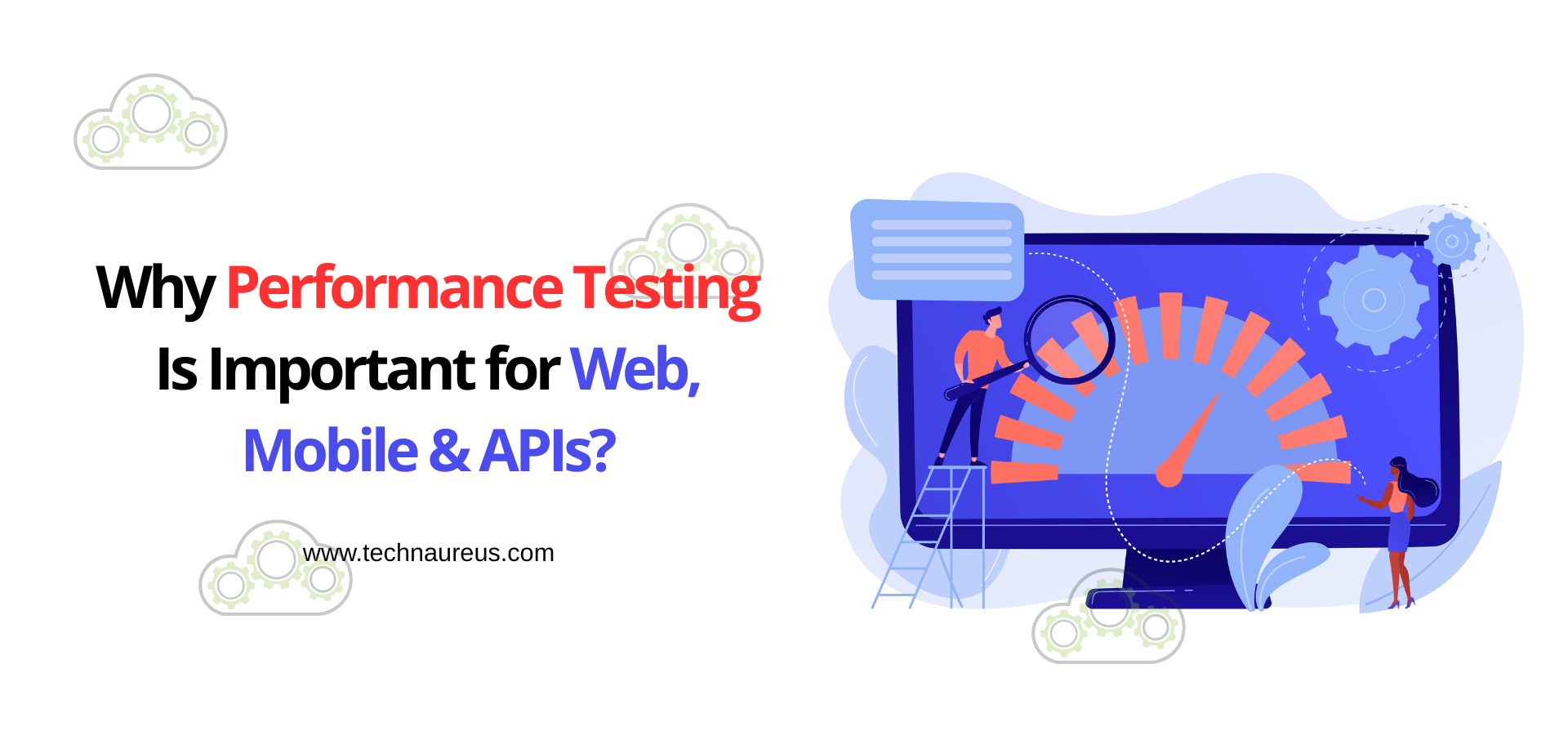Alen ChristyAug. 7, 2025
In an age where users expect instant responses and seamless experiences, app performance isn't just a technical concern—it’s a business-critical priority. Whether you're running a web platform, launching a mobile app, or exposing APIs to third-party clients, poor performance can instantly derail user trust, satisfaction, and retention.
That’s why performance testing is no longer optional. It ensures that your digital product can handle real-world load and usage while remaining stable, responsive, and scalable.
Performance testing is a subset of non-functional testing focused on assessing an application’s responsiveness, stability, and scalability under expected and peak workloads.
The main types include:
These tests reveal performance bottlenecks before your users do.
UX isn’t just about design; it’s about how smoothly and quickly users can achieve their goals. Delays in page loads, crashes during high traffic, or inconsistent responses from APIs directly frustrate users.
Performance testing:
From a scalability standpoint, it helps ensure your system can handle growth in users, data, and transactions without degrading performance.
Web apps are used across a range of browsers, devices, and internet speeds. A website that works well in staging but crashes during a product launch can cost credibility and customers.
For e-commerce, SaaS, or any web-based platform, performance testing is essential for delivering a competitive and resilient product.
Mobile apps face even more challenges than web apps—diverse devices, OS versions, screen resolutions, and network conditions.
You risk:
Performance testing ensures your app provides smooth navigation, quick load times, and efficient data use across devices and environments.
APIs power modern digital systems—from delivering content to apps, to handling user authentication and third-party integrations.
Testing your APIs for throughput, latency, and concurrent handling is critical for system-wide reliability.
To validate the application's speed, scalability, and stability under various loads.
Ideally during the early development cycle and continuously in CI/CD pipelines.
Yes, faster websites load better on mobile and desktop, reducing bounce rates and boosting rankings.
Slow database queries, unoptimized code, memory leaks, inefficient API calls, and network latency.
No, even small apps can lose users due to poor performance. Testing ensures a reliable experience regardless of scale.
In a competitive digital market, performance is not a luxury—it’s a necessity. Web apps must load fast, mobile apps must work smoothly, and APIs must scale reliably. Performance testing ensures your applications don’t just function—they excel under pressure.
Investing in performance testing means investing in user satisfaction, system resilience, and long-term growth. Don’t wait for users to find the problems—test early, test often, and ensure your digital product performs flawlessly from the start.

0